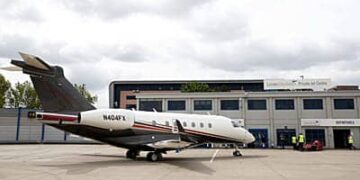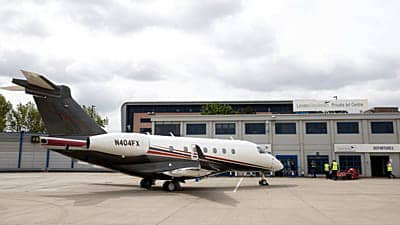By Enyichukwu Enemanna
The trio of Nigeria, Djibouti and South Sudan have joined a coalition of countries that has announced new taxes on luxury air travel, which apply to private jets as well as business and first-class tickets.
The coalition was originally formed in June by Kenya, Benin, Sierra Leone and five other countries. Antigua and Barbuda, Barbados and France are also members while Brazil, Fiji and Vanuatu have joined as observer states.
The three new countries announced their membership at the COP30 recently.
The aim is to ensure that countries who pollute the most also contribute the most in climate action. Revenues from the tax will be invested towards promotion of climate control.
But despite this, majority of the 13 countries involved are from the Global South, with just two high-income nations making up membership of the bloc.
The coalition is urging more countries to join in taking measures to combat CO2 emissions. The climate advisor of DanChurchAid’s, Mattias Söderberg has welcomed the introduction of the group.
“This initiative deserves to be celebrated. Finally, some governments are taking leadership and introducing taxes on private jet travel. These flights emit far more CO₂ per passenger than any other form of transport, so it’s only fair that they contribute to solving the climate crisis.”
He added, “But it is disappointing that so few wealthy countries are joining in. The richest nations, whose citizens are most responsible for luxury emissions should be the first to act, not the last”.
“For countries in the Global South, this is not symbolic. They are already facing the impacts of climate change and urgently need resources for adaptation. These new taxes can help mobilize funds and show that fairness and responsibility can go hand in hand,” he noted.
He stated that every initiative that reduces emissions and generates finance for vulnerable communities counts, adding that this bloc sends clear message that it is time for the richest to pay their share.
Private aviation is concentrated in the United States and emits far more CO₂ per passenger than any other form of transport.




































